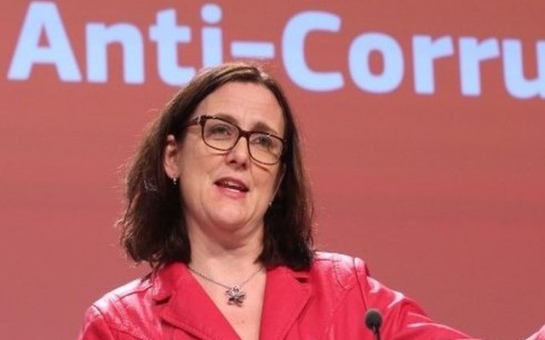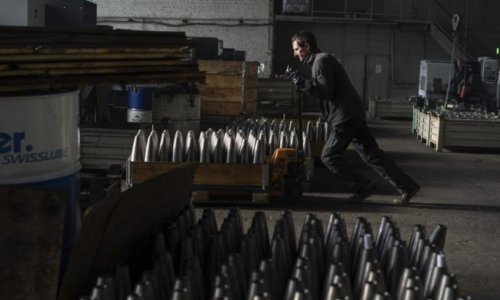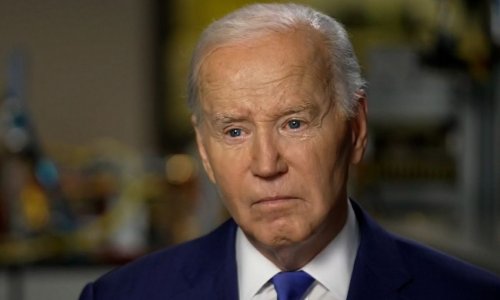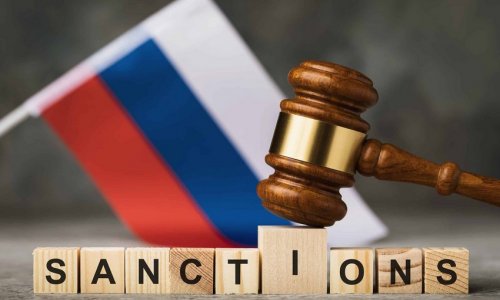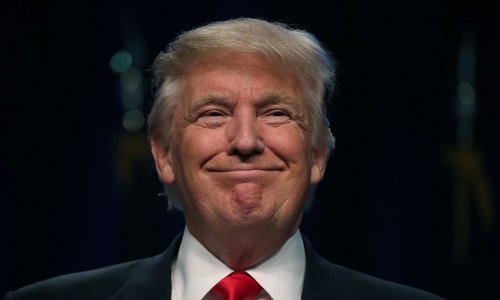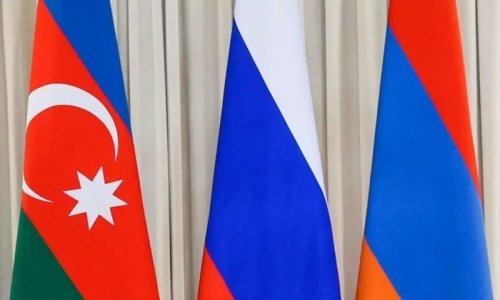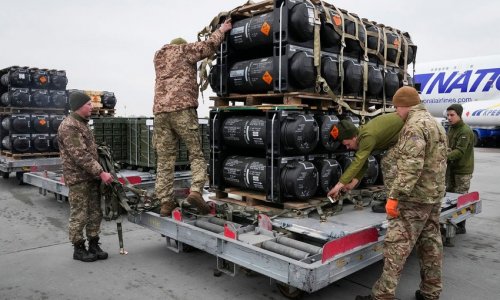The extent of corruption in Europe is "breathtaking" and it costs the EU economy at least 120bn euros (£99bn) annually, the European Commission says.
EU Home Affairs Commissioner Cecilia Malmstroem has presented a full report on the problem.
She said the true cost of corruption was "probably much higher" than 120bn.
Three-quarters of Europeans surveyed for the Commission study said that corruption was widespread, and more than half said the level had increased.
"The extent of the problem in Europe is breathtaking, although Sweden is among the countries with the least problems," Ms Malmstroem wrote in Sweden's Goeteborgs-Posten daily.
The cost to the EU economy is equivalent to the bloc's annual budget.
For the report the Commission studied corruption in all 28 EU member states. The Commission says it is the first time it has done such a survey.
Bribery widespread
National governments, rather than EU institutions, are chiefly responsible for fighting corruption in the EU.
But Ms Malmstroem said national governments and the European Parliament had asked the Commission to carry out the EU-wide study. The Commission drafts EU laws and enforces compliance with EU treaties.
In the UK only five people out of 1,115 - less than 1% - said they had been expected to pay a bribe. It was "the best result in all Europe", the report said.
Continue reading the main story
“
Start Quote
The political commitment to really root out corruption seems to be missing”
But 64% of British respondents said they believed corruption to be widespread in the UK, while the EU average was 74% on that question.
In some countries there was a relatively high number reporting personal experience of bribery.
In Croatia, the Czech Republic, Lithuania, Bulgaria, Romania and Greece, between 6% and 29% of respondents said they had been asked for a bribe, or had been expected to pay one, in the past 12 months.
There were also high levels of bribery in Poland (15%), Slovakia (14%) and Hungary (13%), where the most prevalent instances were in healthcare.
Ms Malmstroem said corruption was eroding trust in democracy and draining resources from the legal economy.
This report has not been without controversy. Its release was delayed for months, and some countries were critical of the European Commission for interfering in areas which they believed were none of its business.
Originally, the report was also supposed to have included a chapter assessing corruption within EU institutions as well as within member states. But that idea was dropped.
Nevertheless the figures revealed will certainly raise some eyebrows - Cecilia Malmstroem described the scale of the problem as breath-taking.
The commission's estimate that corruption is costing the EU economy about 120bn euros - the size of the EU's annual budget - could well be a conservative one. Other experts believe the real figure is probably higher.
One thing is clear though - a continent that is trying to put years of economic crisis behind it needs to do a better job in combating corruption.
"The political commitment to really root out corruption seems to be missing," she complained.
The EU has an anti-fraud agency, Olaf, which focuses on fraud and corruption affecting the EU budget, but it has limited resources. In 2011 its budget was just 23.5m euros.
The Commission highlighted that:
The EU study includes two major opinion polls by Eurobarometer, the Commission's polling service.
Four out of 10 of the businesses surveyed described corruption as an obstacle to doing business in Europe.
Sweden "is undoubtedly one of the countries with the least problems with corruption, and other EU countries should learn from Sweden's solutions for dealing with the problem", Ms Malmstroem said, pointing to the role of laws on transparency and openness.
Organised crime groups have sophisticated networks across Europe and the EU police agency Europol says there are at least 3,000 of them.
Bulgaria, Romania and Italy are particular hotspots for organised crime gangs in the EU, but white-collar crimes like bribery and VAT (sales tax) fraud plague many EU countries.
Last year Europol director Rob Wainwright said VAT fraud in the carbon credits market had cost the EU about 5bn euros.
ANN.Az

